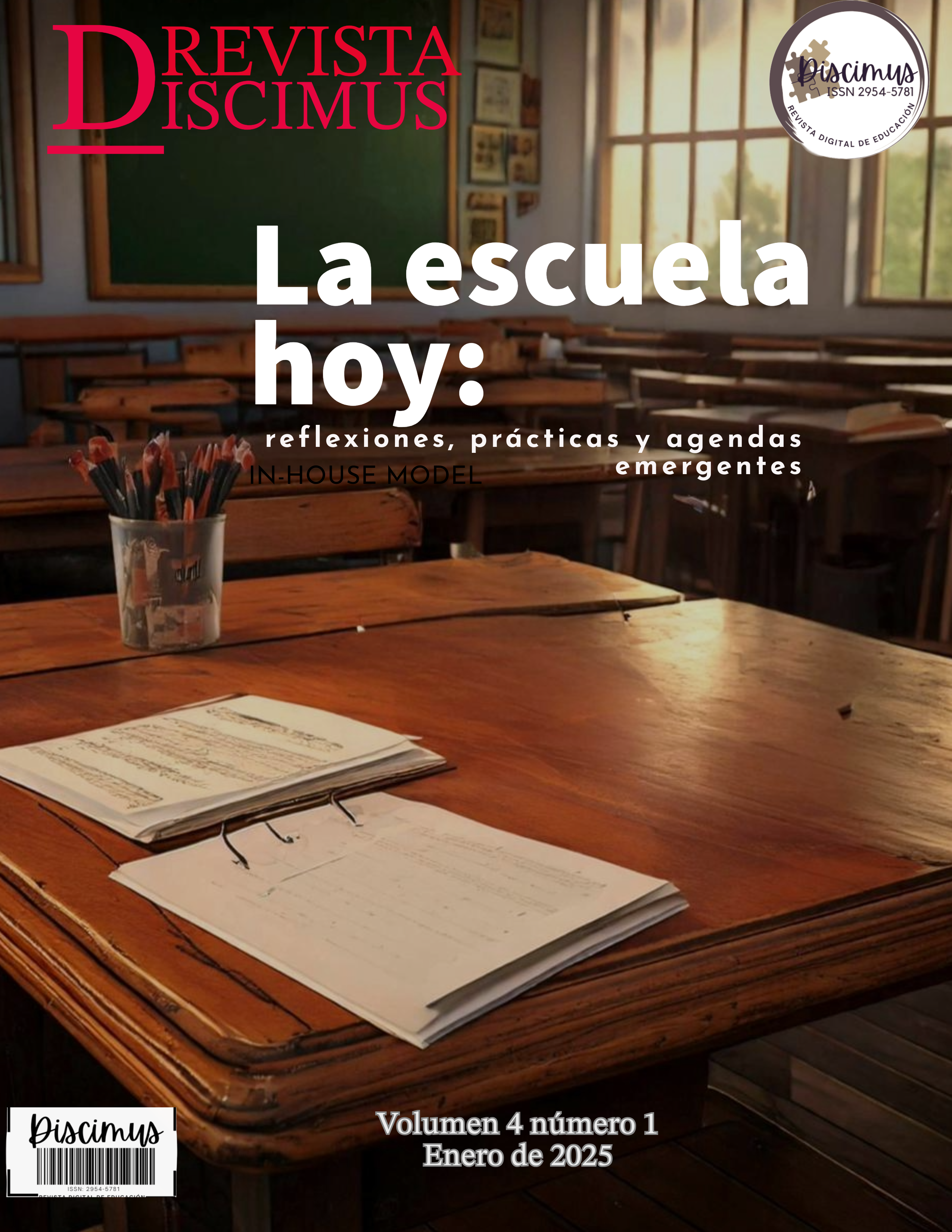Life skills: a dialogue between academia and a tannery industry
Main Article Content
Abstract
The tannery industry uses chemical substances and equipment for the treatment of hides, in which operators must be previously familiar with the physical and chemical risk levels for their respective handling. For this reason, a dialogue of knowledge was conducted between the university and the industry by applying a training workshop on Good Manufacturing Practices, in order to avoid the aforementioned risks and their relationship with target 3.9 of the Sustainable Development Goals; for this purpose, the cognitive category of life skills was applied in its dimensions (critical thinking, self-knowledge and decision making). The methodology used was qualitative with a descriptive scope, in which the perceptions of the operators were analyzed using the ATLAS.ti. version 09 program, with which semantic networks were constructed, linking the responses of the operators to a series of questions, which were addressed in each of the work modules (physical risks in the work environment and chemical risks in the industry). At the level of conclusions it is highlighted that the operators applied the dimension of self-knowledge in physical risks highlighting the importance of using Personal Protection Elements to avoid accidents in their daily work; in relation to the dimensions of critical thinking and decision making, these were applied in chemical risks where employees argue the use of pictograms of chemical reagents in the handling of substances in each of their processes. Finally, the population involved establishes the importance of dialogue between academia and industry to continue carrying out this type of activities, which in the future will guarantee a healthy life and promote the well-being of all workers, thus complying with Sustainable Development Goal 3.
Downloads
Article Details
Section

This work is licensed under a Creative Commons Attribution-NonCommercial-ShareAlike 4.0 International License.
Open Access Policy at Discimus Journal
Discimus Journal is committed to the promotion of free circulation of scientific and academic knowledge, simultaneously ensuring appropriate acknowledgment for our authors while adhering to the ethical principles of scientific publishing. In alignment with this goal, Discimus publishes all its articles under the ATTRIBUTION-NONCOMMERCIAL-SHAREALIKE 4.0 INTERNATIONAL CC BY-NC-SA 4.0
How to Cite
References
Castellano, K., Lira, S. & Monjarréz, S. (2017). Elaboración de un Manual de Buenas Prácticas de Manufactura (BPM) para la Empresa Procesadora de Alimentos de Nicaragua, S.A (PROANIC, S.A) en el municipio de Estelí, departamento de Estelí, Nicaragua. [Tesis monográfica pregrado, Universidad Nacional de Ingeniería]. https://core.ac.uk/download/pdf/250145638.pdf
De Avalos, M. V., & Velásquez, M. (2000). Comprensión Lectora: Dificultades estratégicas en resolución de Preguntas Inferenciales. Ediciones Colihue SRL.
Espitia, L., Isaza, A., Vélez, S., Escobar, G., Correa, R., Arrieta, D & Salvador G. (2021). Habilidades para la vida. Aproximaciones conceptuales. Fondo Editorial Universidad Católica Luis Amigó. https://www.funlam.edu.co/uploads/fondoeditorial/702_Habilidades_para_la _vida_Aproximaciones_conceptual es.pdf
Frutos, A. E., Rus, T. I., & Pastor, B. A. (2019). El absentismo escolar en contextos vulnerables de exclusión. Profesorado, Revista de Currículum y Formación del Profesorado, 23(1), 121-139. https://doi.org/10.30827/profesorado.v23i1.9147
Goleman, D. (2004). ¿Qué hace a un líder? Harvard Business Review, 82(1), 82 91.
Guevara, G., Verdesoto, A., y Castro, N. (2020). Metodologías de investigación educativa (descriptivas, experimentales, participativas, y de investigación-acción). Recimundo, 4 (3), 163-173.
Hellriegel, D., & Slocum, J. J. (2004). El Cambio Organizacional. El Comportamiento Organizacional. Editorial Thompson.
Mangrulkar, L., Whitman, C. V., & Posner, M. (2001). habilidades para la vida. Recuperado (24 de mayo de 2016) de http://148.204, 52
Naciones Unidas (2018), La Agenda 2030 y los Objetivos de Desarrollo Sostenible: una oportunidad para América Latina y el Caribe (LC/G.2681-P/Rev.3), Santiago
Pintrich, P., & García, T. (1993). Intraindividual differences in students’ motivation and selfregulated learning. German journal of educational psichology, 7(3), 99 107.
Suanes, M. N. (2009). Autoconocimiento y autoestima. Temas para la educación, 3. https://www.feandalucia.ccoo.es/andalucia/docu/p5sd6409.pdf





